US policy focused on Asia: official
Updated: 2015-03-02 11:07
By Hua Shengdun in Washington(China Daily USA)
|
||||||||
Northeast Asia, including China, will remain high up on the US' priority list, said a US State Department official in Washington.
"A new normal of sustained, well-resourced, high-level engagement" with the northeast Asian countries of China, Japan, and South Korea, will continue to be "a major focus of US foreign policy throughout the remainder of the Obama Administration", said Under Secretary of State for Political Affairs Wendy Sherman at the Carnegie Endowment for International Peace on Feb 27.
The fourth-ranking official at the US State Department, Sherman said bilateral relations have reached a "pivotal moment", where "amid chronic dangers, there are also opportunities for the region to reduce tensions and become one of the globe's sturdiest platforms for international prosperity and peace".
Sherman also said US policy is stable in dealing with China-US relations, and always wants to see a well-off China.
"Over the years, US-China relations have had their ups and downs, but American policy has been remarkably consistent," she said. "Of course, there is suspicion in some quarters that because of our differences, America is rooting against China. But the reality is that the United States very much wants China to be stable and prosperous."
Sherman called President Obama's meeting last November with President Xi Jinping at the APEC Summit in Beijing "fruitful".
Sherman met Chinese Vice-Foreign Minister Zhang Yesui during her trip to Beijing in January to discuss ongoing cooperation on a wide range of issues, including the P5+1 negotiations with Iran.
Both sides expressed a will to "implement the consensus reached by the two heads of state so as to promote China-US relations for greater development in the new year", according to a report from China's Ministry of Foreign Affairs.
Sherman also emphasized cooperation within the region, saying that the handshake between Xi and Japanese Prime Minister Abe at the APEC meeting last November "sent the right signal to their respective governments and populations".
She said every leader in the major countries she has visited "is thinking about how to go forward, because they're thinking about the 70th anniversary year [of the end of World War II] and it is a time for reflection".
Yang Jiechi, Chinese State Councilor, who met with Susan Rice, US National Security Advisor in New York last week, looked favorably upon China-US relations, calling them a new type of major country relationship built by both Xi and Obama.
He said both sides should earnestly implement the important consensus reached by the two heads of state, plan and carry out exchanges at various levels, respect each other's core interests and major concerns, and properly handle differences and sensitive issues in order to achieve even greater progress this year in developing China-US relations, according to a Chinese Foreign Ministry press release.
Rice said that based on the important consensus reached by the two heads of state, the US side is willing to strengthen exchange and cooperation.
She also said the US will cooperate in coping with regional and global challenges, effectively manage and control differences in a candid and constructive way and maintain the positive momentum of the bilateral relationship, according to the release.
Cui Liru, former president of China Institutes of Contemporary International Relations, said earlier this year that it's time to focus on the "larger picture" in the China-US relationship.
"Ideally, the gap between the two countries will gradually shrink and eventually they will get along with each other in a multipolar world," Cui said. "Instead of taking over the US' position in the world, China can also choose to live in peace with the United States."
Sheng Yang in Washington contributed to this story.
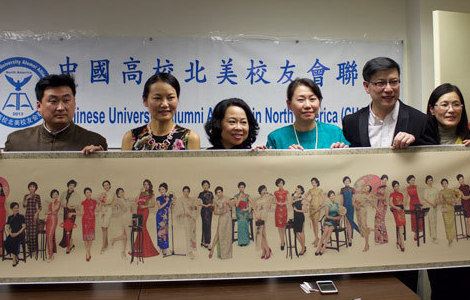
 All dressed up
All dressed up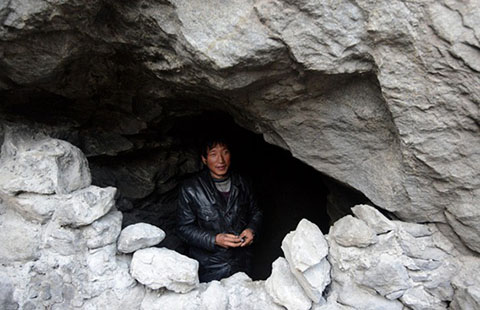
 Caveman saves money for family
Caveman saves money for family
 Buddhist monks break bricks in kung fu
Buddhist monks break bricks in kung fu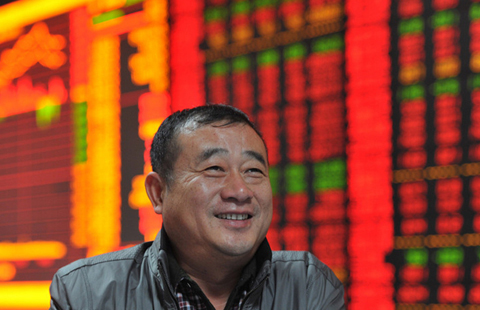
 China's interest rate adjustments beteen 2008 and 2015
China's interest rate adjustments beteen 2008 and 2015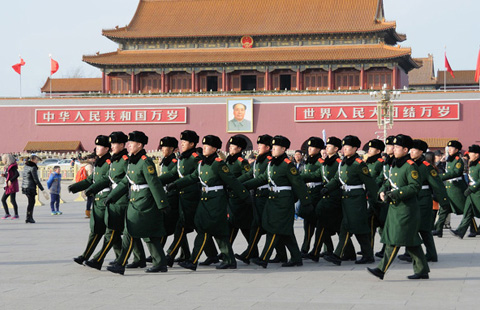
 Beijing steps up security for two sessions
Beijing steps up security for two sessions
 Han-style Chinese beauties at Cambridge
Han-style Chinese beauties at Cambridge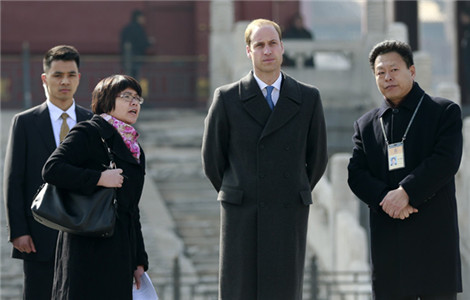
 Prince William visits Forbidden City
Prince William visits Forbidden City
 Aerial views of plum blossoms as beautiful as oil paintings
Aerial views of plum blossoms as beautiful as oil paintings
Most Viewed
Editor's Picks

|

|

|

|

|

|
Today's Top News
Agents raids suspected California 'maternity hotels'
Cybersecurity law 'makes perfect sense'
US firms to lower China stakes in '15
Homeless man shot dead by US police
Netanyahu assails Iran-nuclear talks
China passes US at movie box office
Air pollution tops public concerns for two sessions
Wanda's Wang tops China's rich list
US Weekly

|

|







